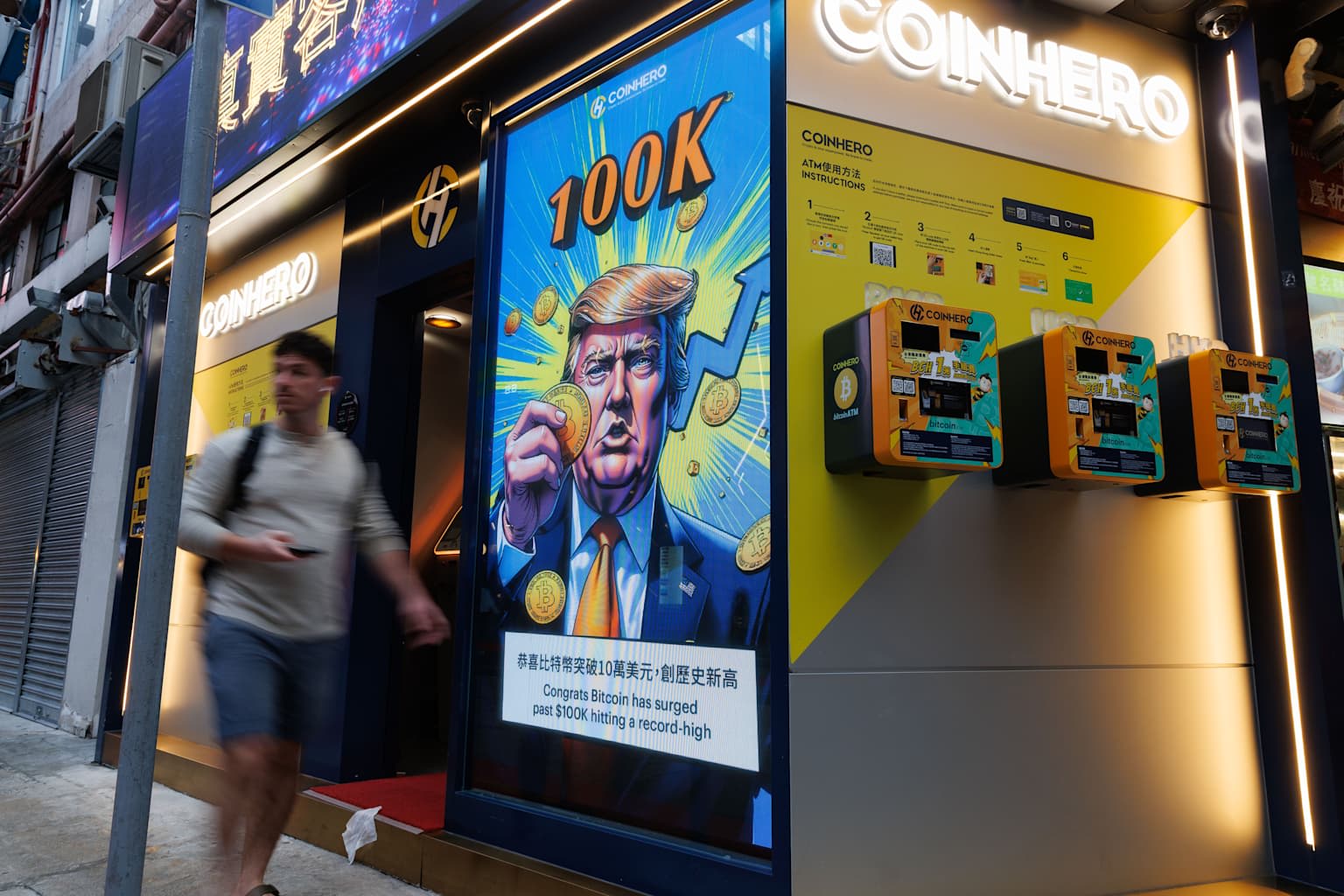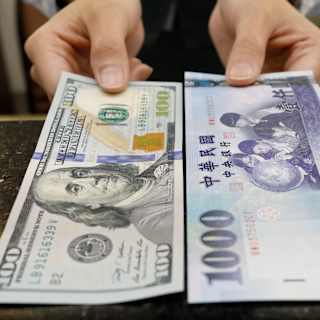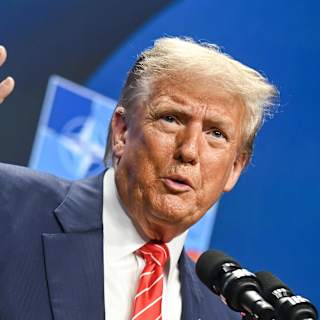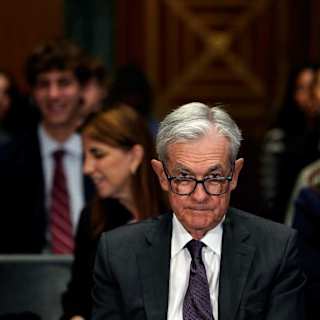- Market Reaction Spreads Beyond Bitcoin
- Bullish Predictions Meet Trade War Reality
- Trade Deadline Looms
Bitcoin plunged $860 in a matter of hours Monday, falling to around $107,970 after President Donald Trump announced new 25% tariffs on imports from Japan and South Korea. The sudden decline underscored how geopolitical tensions continue to drive volatility in cryptocurrency markets, even as analysts maintain bullish forecasts for the digital asset this month.
The tariff announcement, delivered via Trump's Truth Social platform, sent ripples across both traditional and crypto markets just two days before a critical July 9 trade deadline. Bitcoin's 0.79% drop reversed earlier gains and highlighted the growing correlation between trade policy and digital asset prices, challenging optimistic predictions that had projected the cryptocurrency reaching as high as $140,000 by month's end.

The crypto sell-off extended beyond Bitcoin, with Ethereum falling over 2% and both Solana and XRP declining around 1.5-2%1. According to reporting by Economic Times, the tariffs will take effect August 1 and represent part of Trump's broader push to address what he called "unfair trade practices" by key U.S. allies1.
The immediate market response reflects what analysts describe as a shift into "risk-off mode," as traders moved capital away from volatile assets like cryptocurrency1. This pattern echoes similar reactions earlier this year, when tariff threats in May sent Bitcoin below $109,0002.
The tariff-induced decline comes amid widespread analyst optimism for Bitcoin in July. Bitwise had projected a 30% price surge this month1, while Matrixport analysts suggested Bitcoin could reach $116,000 by July, citing historical trends showing the cryptocurrency typically performs well during this period2.
Multiple artificial intelligence models had also forecast Bitcoin maintaining prices above $110,000, with OpenAI's ChatGPT predicting the asset could trade around $114,000 by month's end3. These projections were based on factors including institutional inflows, post-halving momentum, and potential Federal Reserve rate cuts following weak U.S. employment data4.
The July 9 deadline adds another layer of uncertainty to Bitcoin's near-term trajectory. Trump has indicated that India and the European Union could face similar tariff measures if trade deals are not finalized1. Previous trade tensions have consistently triggered cryptocurrency volatility, with Bitcoin dropping to $78,000 during earlier tariff rounds in April1.
"We're not going to let the U.S. be taken advantage of anymore," Trump wrote in his announcement1. For Bitcoin investors, the tension between bullish technical indicators and escalating trade conflicts will likely define price action in the coming days.



